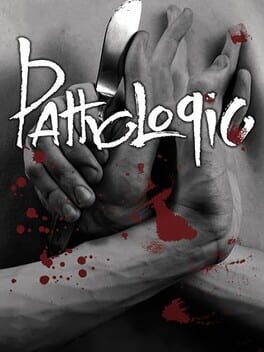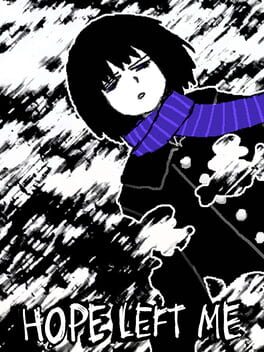Snel
Bio
The earth, as long as it only engendered cataclysms, trees, and birds was a free universe; the fascination with liberty became dulled when the earth produced a being who demanded necessity as a law over the universe. Man nevertheless remained free to no longer respond to any necessity. He is free to resemble all that is not he in the universe.
The earth, as long as it only engendered cataclysms, trees, and birds was a free universe; the fascination with liberty became dulled when the earth produced a being who demanded necessity as a law over the universe. Man nevertheless remained free to no longer respond to any necessity. He is free to resemble all that is not he in the universe.
Badges

Loved
Gained 100+ total review likes

GOTY '23
Participated in the 2023 Game of the Year Event

Popular
Gained 15+ followers

Well Written
Gained 10+ likes on a single review

Pinged
Mentioned by another user

Best Friends
Become mutual friends with at least 3 others

Gamer
Played 250+ games

Liked
Gained 10+ total review likes

N00b
Played 100+ games

3 Years of Service
Being part of the Backloggd community for 3 years

Noticed
Gained 3+ followers
Favorite Games
369
Total Games Played
004
Played in 2024
012
Games Backloggd
Recently Played See More
Recently Reviewed See More
i am going to become the Omori.
this game feels like it was programed by an energy drink.
bitches will tell you this is one of their favorite games of all time then send you a modpack that completely overhauls the visuals, UI, in-game economy and inventory system so it isn't complete and utter dogshit.










